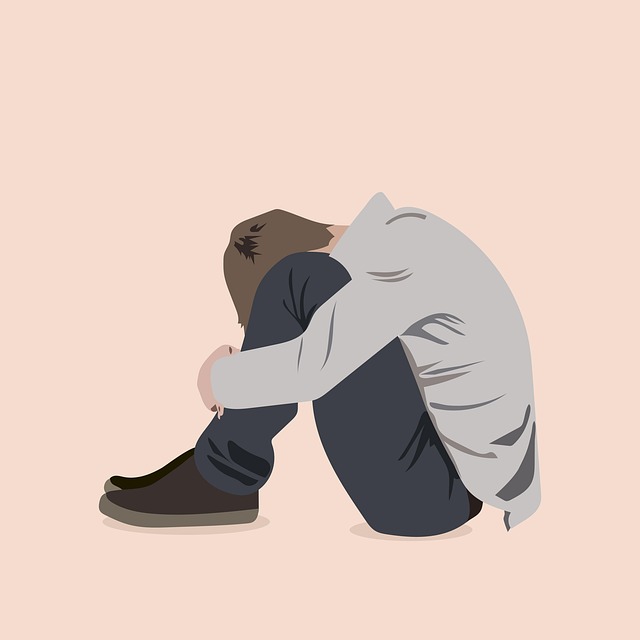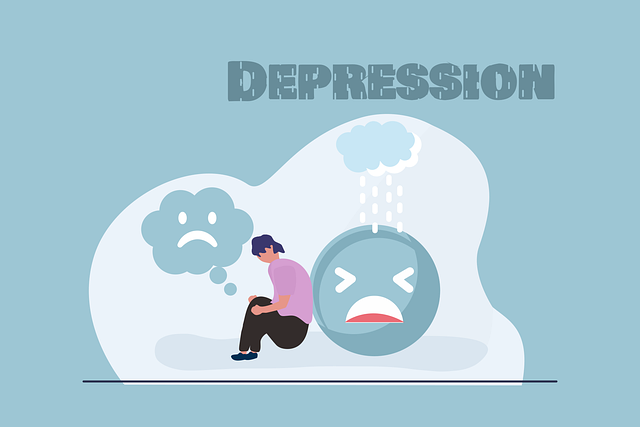Broomfield Sexual Abuse Survivor Therapy emphasizes the power of understanding individual mental wellness needs for trauma recovery. This involves introspection, coping mechanism identification, and custom self-care routines, challenging societal norms to reduce mental illness stigma. By integrating diverse healing modalities, mindfulness, and sustainable practices, individuals build emotional resilience through personalized care, ensuring safer spaces for all.
“Uncover the path to optimal mental wellness with our comprehensive guide. For many, developing a self-care routine is transformative, especially for those navigating recovery from traumatic events like sexual abuse. This article takes you on a journey of self-discovery, offering insights into understanding your unique mental wellness needs. We explore essential strategies and healing practices, providing tools to build a personalized self-care routine. From establishing foundational habits to sustaining long-term resilience, learn how to flourish with the support of Broomfield Sexual Abuse Survivor Therapy.”
- Understanding Your Mental Wellness Needs: A Journey of Self-Discovery
- Building Blocks for a Self-Care Routine: Strategies for Recovery and Growth
- Customizing Your Routine: Incorporating Healing Practices Tailored to You
- Sustaining and Nurturing Your Mental Wellness: Tips for Long-Term Care and Resilience
Understanding Your Mental Wellness Needs: A Journey of Self-Discovery

Understanding your mental wellness needs is a profound journey of self-discovery. For many individuals, especially those who have experienced traumatic events like Broomfield Sexual Abuse Survivor Therapy, recognizing and prioritizing mental health becomes an essential step towards healing and recovery. This process involves introspection, where one identifies their unique triggers, coping mechanisms, and emotional responses. By acknowledging these aspects, individuals can tailor their self-care routines to address specific needs.
Self-discovery in this context also entails challenging societal norms and the pervasive mental illness stigma. Through empathy-building strategies, one can foster an environment of support and understanding. This is crucial not only for personal growth but also for effective risk management planning among mental health professionals. By recognizing and addressing individual wellness needs, we contribute to Mental Illness Stigma Reduction Efforts, creating a safer space for healing and recovery.
Building Blocks for a Self-Care Routine: Strategies for Recovery and Growth

Building a robust self-care routine is a powerful tool for recovery and personal growth, especially for those who have experienced trauma, such as sexual abuse. Broomfield Sexual Abuse Survivor Therapy emphasizes that self-care goes beyond surface-level activities; it’s about cultivating strategies that nurture mental wellness and emotional resilience. The foundation of any effective routine lies in understanding and managing one’s mood and emotions effectively.
Integrating mind over matter principles can significantly impact one’s ability to navigate challenging feelings. This involves cognitive reframing, where individuals challenge negative thought patterns and replace them with more positive, reality-based ones. Emotional intelligence plays a pivotal role here; recognizing and understanding emotions is the first step towards regulating them healthily. By combining mood management techniques with emotional intelligence practices, individuals can create a supportive self-care framework tailored to their unique needs.
Customizing Your Routine: Incorporating Healing Practices Tailored to You

Developing a mental wellness self-care routine is deeply personal and unique to each individual’s needs. Just as Broomfield Sexual Abuse Survivor Therapy recognizes that healing isn’t one-size-fits-all, your self-care practices should be tailored to your specific experiences and preferences. This customization involves exploring various healing modalities until you identify those that resonate with you. For some, this might mean incorporating mindfulness meditation or yoga, while for others, creative outlets like journaling or art therapy could be more beneficial.
Healing practices should also consider cultural sensitivity in mental healthcare, ensuring your routine respects and incorporates aspects of your cultural background. Additionally, burnout prevention strategies for healthcare providers can help maintain a sustainable self-care approach. Regularly reviewing and adjusting your routine, especially during challenging times, is crucial. By doing so, you prioritize your mental wellness, enabling you to navigate life’s ups and downs with resilience and grace.
Sustaining and Nurturing Your Mental Wellness: Tips for Long-Term Care and Resilience

Mental wellness is a journey that requires consistent care and attention, especially for those who have experienced traumatic events like sexual abuse. Broomfield Sexual Abuse Survivor Therapy emphasizes the importance of long-term mental illness stigma reduction efforts to foster resilience. One effective strategy is integrating self-care practices into daily routines.
Regular Self-Awareness Exercises, such as meditation or journaling, can help individuals cultivate a deeper understanding of their emotions and triggers. This heightened awareness enables better communication strategies with oneself and others, reducing the impact of stressful situations. By nurturing mental wellness through these practices, individuals build a buffer against adversity, enhancing their overall resilience over time.
Developing a mental wellness self-care routine is a transformative journey, especially for those who have experienced trauma, such as sexual abuse. By understanding your unique needs through self-discovery, you can build a robust framework with strategies tailored to your recovery and growth. Customizing this routine allows you to incorporate healing practices that resonate with you, fostering resilience and long-term mental wellness. Remember, consistent self-care is not just a luxury but an essential tool for navigating life’s challenges, especially when supported by professional guidance from Broomfield Sexual Abuse Survivor Therapy.











